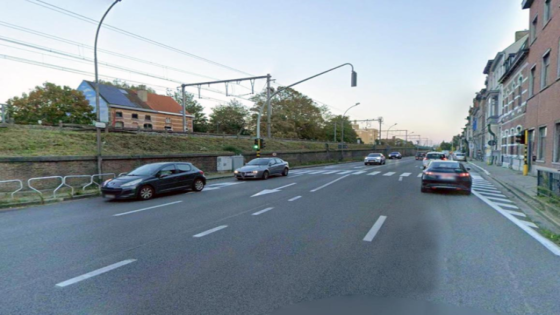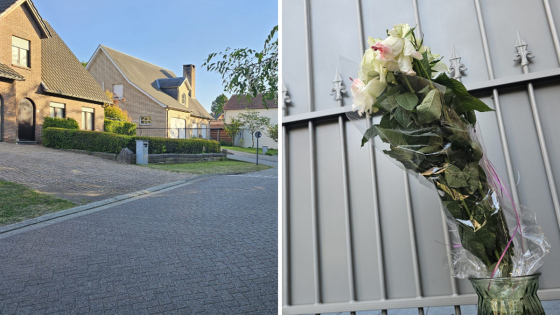Water quality in Belgium’s rivers and canals has become a hot topic, especially with the growing interest in swimming in open water. The latest findings from Watermonsters, a citizen science project by De Standaard, reveal surprising insights into the cleanliness of major waterways across Flanders and Brussels. As of 2025-06-10 10:59:00, these results offer new hope for swimmers eager to enjoy natural waters safely.
- Burgeronderzoek toont grote waterlopen schoner
- Waterkwaliteit in Vlaanderen en Brussel verbetert
- Zwemmers krijgen hoop op open waterzwemmen
- Kleine waterlopen blijven ernstig vervuild
- Open waterzwemmen blijft grotendeels verboden
- De Standaard faciliteert burgeronderzoek waterkwaliteit
While large water bodies show remarkable cleanliness, smaller streams and brooks tell a different story. This contrast raises questions about how water quality varies locally and what it means for public health and recreational activities. Could Belgium be on the verge of relaxing restrictions on open water swimming?
Understanding these findings is crucial for both policymakers and the public. Let’s explore what this means for swimmers and the environment.
What do these results imply for Belgium’s water safety and environmental policies? The citizen-led research highlights key points:
- Large waterways meet higher water quality standards than previously believed.
- Smaller streams suffer from pollution, limiting their recreational use.
- Community involvement in water monitoring proves effective and informative.
- Potential policy shifts could allow more open water swimming in the future.
Looking ahead, continued monitoring and targeted cleanup efforts are essential. Will Belgium embrace more open water swimming opportunities? Citizens and authorities alike should stay engaged to protect and enjoy the nation’s waterways.

































